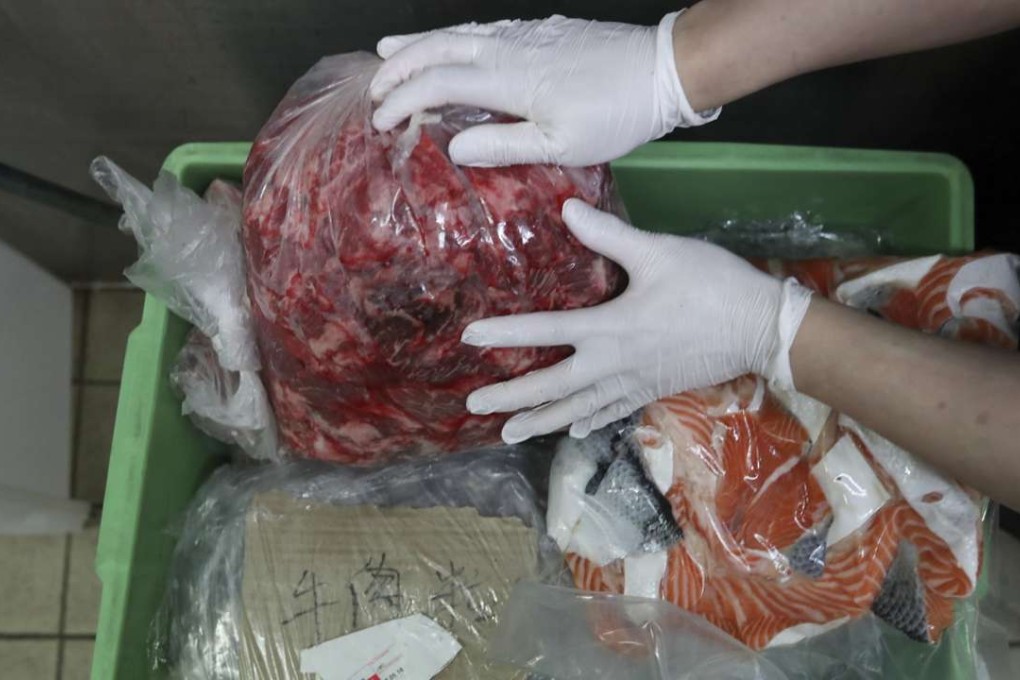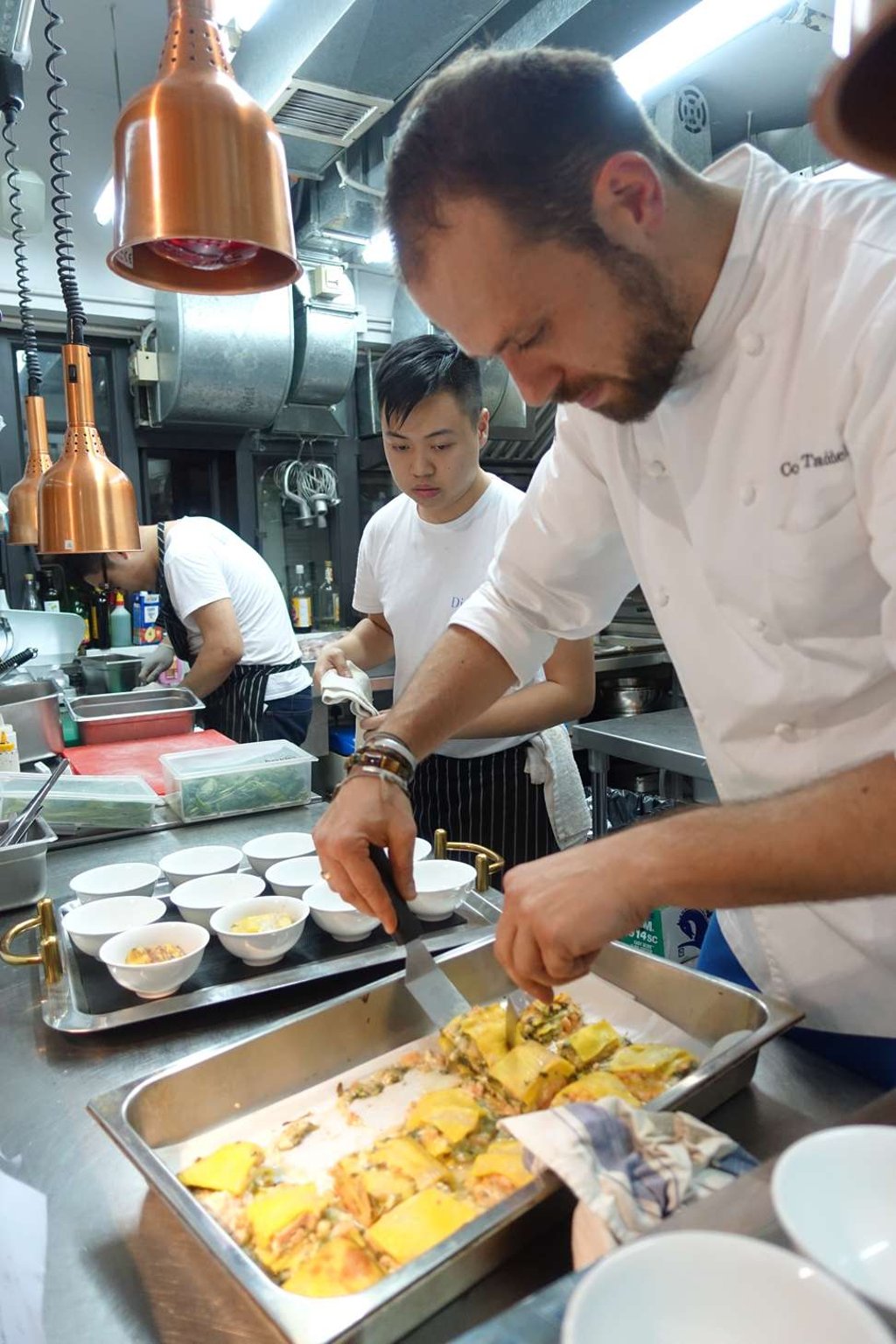The Hong Kong chef who turns waste food into fine-dining feast, and others finding uses for unwanted food items
Waste-conscious restaurants, charities that distribute unsold and unused food - much is being done in Hong Kong to reduce the amount dumped in landfills, but changing the mindset of shoppers and diners is key

It’s not often you hear a seasoned Italian chef fret over the state of his pasta, but at a private dinner held in Wong Chuk Hang last month, Cosimo Taddei was slightly apologetic.
“We didn’t know what ingredients we were going to receive until they were collected yesterday, so we’ve tried to do what we can,” he says as he cuts into a softer-than-usual lasagne made with a bechamel using rice milk instead of cow’s milk.
The chef-owner of private kitchen Dine Art has worked in Italian restaurants in Hong Kong, including Grappa’s and the now-closed Domani. At this event he had to prepare a seven-course meal using waste and surplus food collected from the kitchens of the Grand Hyatt Hong Kong via food charity Foodlink Foundation.

“These are ingredients that a few chefs in commercial kitchens would rather throw out, either because they have to be cooked for a long time to be palatable, or because they are not presentable enough to be served – even though they are perfectly edible,” he says.